One of the measurements that we have been running for a long time is IPv6 RIPEness, where we measure the IPv6 activity of our members. We award our members with stars if they (for example) announce their IPv6 allocation in the global routing table.
In February 2015, we discovered that 460 RIPE NCC members had recently stopped announcing their IPv6 prefix.
As the RIPE NCC IPv6 Program Manager, I found that number quite concerning and I gave
a presentation
about this at RIPE 70 in Amsterdam. I proposed contacting those members to ask them why they withdrew their announcement.
We sent a survey to 462 LIR contacts. Within a very short time frame, we received 69 responses to the survey and many emails sent directly to me.
The majority of the LIRs who filled in the survey were aware that they used to announce their IPv6 allocation previously, because for most of them the announcement was part of a plan to move to IPv6.
As you can see in Figure 1 below, 70% indicated that they were testing their IPv6 setup before using it in a live environment.
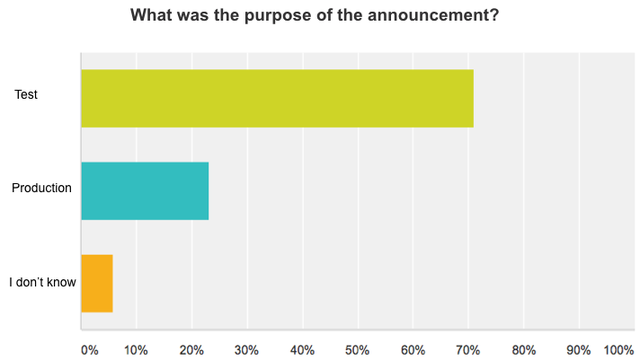
Figure 1: Distribution of the answers to "What the purpose was of announcing IPv6?"
This shows there is a high awareness and interest for IPv6 deployment and most users want to make sure their IPv6 deployment is a success from the start.
On the other hand, more than 20% of the LIRs were already using IPv6 in production when they decided to turn IPv6 off again due to different reasons such as network restructuring, lack of customer demand, or security issues.
Some LIRs were unaware that IPv6 was not running anymore, evidence that it is also important to monitor your IPv6 operations, not just the services on IPv4.
In one case, the LIR contacted their upstream provider because they were under the impression that they were announcing their IPv6 prefix. With help from
RIPEstat
, we could see that their upstream provider started to announce their prefix only when they were contacted by the LIR.
As shown in Figure 2, for most LIRs everything behaved as expected during the announcement while a few of our members noticed some problems, mainly with hardware and software.
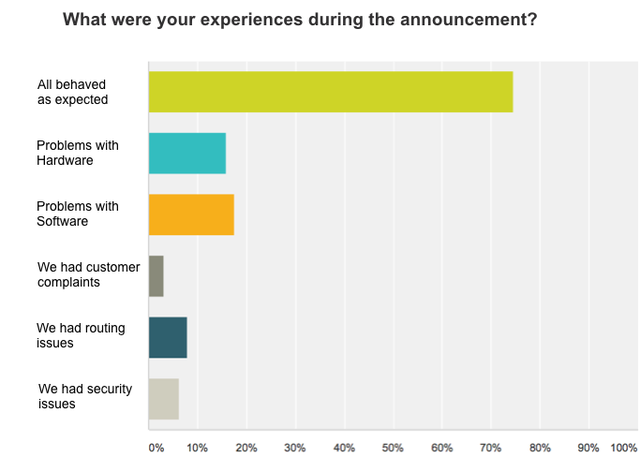
Figure 2: Experiences during IPv6 announcement
This also stresses the fact that testing before deploying is important with IPv6. Certain hardware or software changes need to be done to successfully deploy IPv6.
Those members who tested their IPv6 deployment also know what to expect when rolling out IPv6 in a production network and now have time to focus on problems they noticed during testing.
Some of our members expressed their concern about local policies, making it difficult for them to announce IPv6.
Most of the LIRs are planning to announce their IPv6 allocation again within the next 12 months, 25% even within the next few weeks (see Figure 3). Unfortunately 40% of the LIRs who responded to the survey didn't know if and/or when they would switch IPv6 on again.
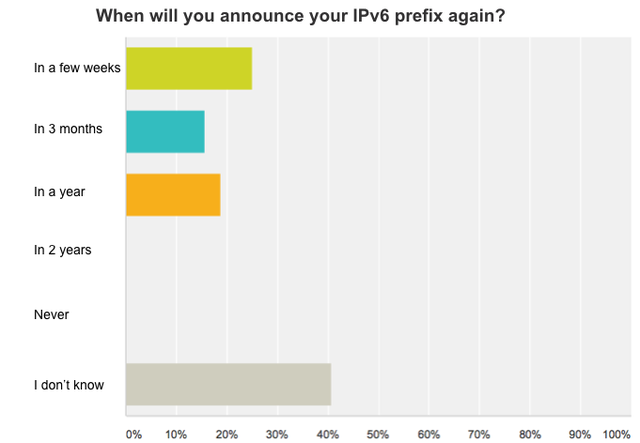
Figure 3: Many LIRs plan to switch on IPv6 again soon
Looking at the survey results, most of the announcements will be coming from production networks which is a very good and strong signal for IPv6 deployment. Exciting times ahead!

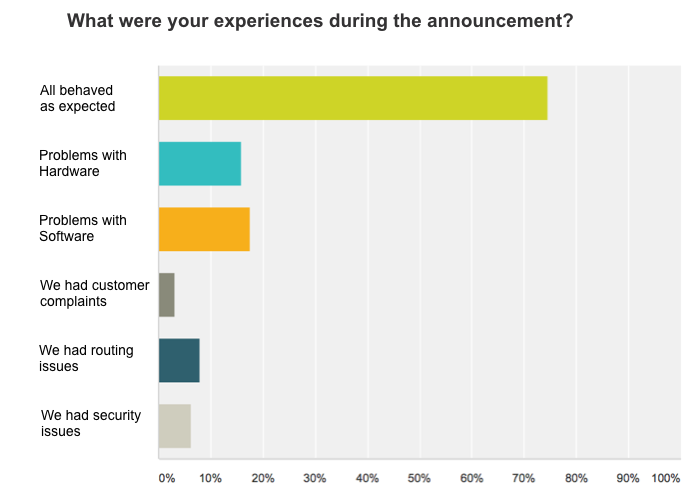
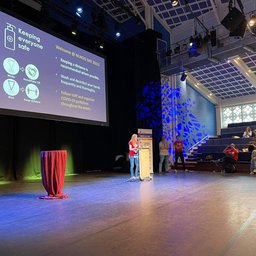


Comments 2
The comments section is closed for articles published more than a year ago. If you'd like to inform us of any issues, please contact us.
Ross Chandler •
Many of the views expressed in the survey responses may not be a position understood or agreed throughout the organisation, especially if senior management have not directed that priority be given to IPv6 deployment. The first four RIPE stars may be easily obtained without needing wide understanding and support for IPv6 in the LIR. The fifth star, corresponding to significant deployment, is too crude a measure now that there are operators with significant deployments. The star system needs reform to capture operators between the easy first four stars and the significant fifth star.
Nathalie Trenaman •
Thanks Ross, for your comment. Just to clarify, the responses to the survey are anonymous. I agree that answers might not reflect formal responses from senior management of those organisations. The announcement of the IPv6 prefix in the global routing table, is one of the things we measure in the four star RIPEness measurements. In this article I did not mention the fifth star RIPEness, but we are working on ways to award the members who have accomplished the fifth star.